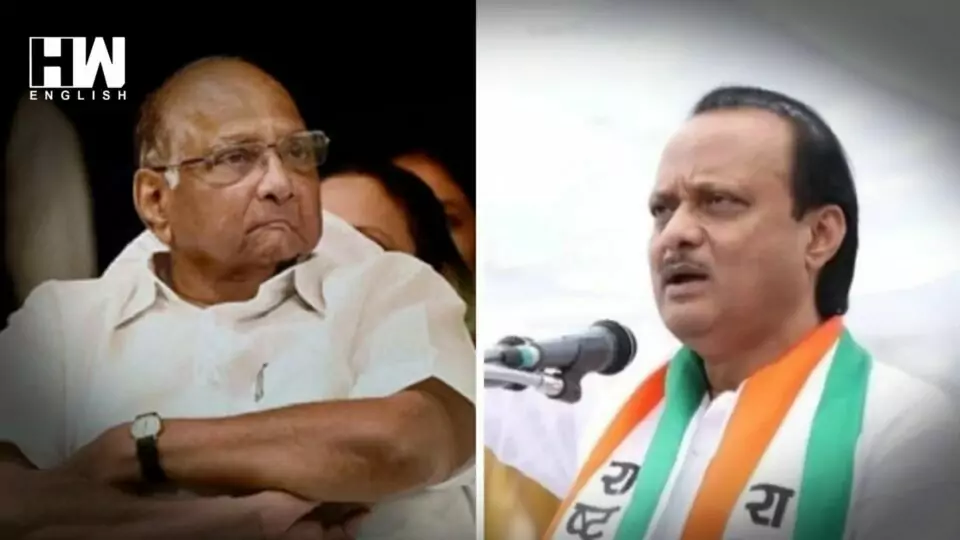On Thursday, Maharashtra Speaker Rahul Narwekar declared the Ajit Pawar faction as the real NCP. Narwekar’s verdict came days after the Election Commission of India handed the Ajit Pawar faction the NCP name and symbol. The Maharashtra Speaker called Ajit Pawar’s NCP ‘real political party’ as Sharad Pawar’s faction lacks a majority
Dear Readers,
As an independent media platform, we do not take advertisements from governments and corporate houses. It is you, our readers, who have supported us on our journey to do honest and unbiased journalism. Please contribute, so that we can continue to do the same in future.
As an independent media platform, we do not take advertisements from governments and corporate houses. It is you, our readers, who have supported us on our journey to do honest and unbiased journalism. Please contribute, so that we can continue to do the same in future.

